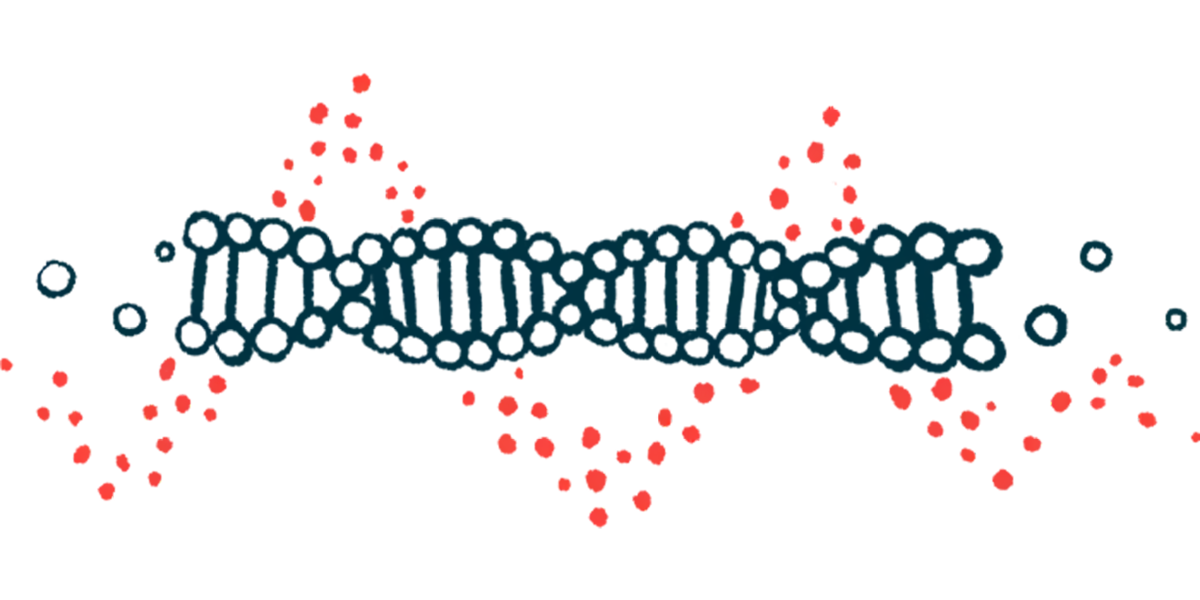Little genetic testing for girls at risk of hemophilia carrier status: Study
At one US hospital, about 25% were tested before getting genetic counseling
Written by |

A single-center U.S. study found relatively little genetic testing was done for girls with a 50% risk of being a hemophilia carrier — people with the altered gene who don’t have hemophilia themselves but can pass it to their children — over a four-year period in Washington state.
Specifically, the testing — followed by genetic counseling — was conducted for about one-quarter of young girls offered such services at Seattle Children’s Hospital, according to the findings of the retrospective study. The children in the study had brothers with both hemophilia A and B, with half of these male siblings having severe disease.
The researchers noted that, in addition to passing along the hereditary condition, hemophilia carriers “can have abnormal bleeding symptoms and downstream consequences of this bleeding.”
Given that, and the treatment advances seen in recent years, the team assessed “the uptake of genetic testing in children at risk to be hemophilia carriers,” with an aim of determining what barriers may exist.
“The impact of the decision to pursue genetic testing on current or future family members at risk to be carriers could be included in counseling discussions with individuals with hemophilia and their families,” the researchers wrote.
The study, “Genetic testing for children at risk to be hemophilia carriers,” was published in the Journal of Genetic Counseling.
A hemophilia carrier may experience disease symptoms
People with hemophilia lack specific blood clotting factors — proteins that help form blood clots to prevent excessive bleeding.
Individuals with hemophilia A have mutations in F8, the gene encoding factor VIII, while those with hemophilia B have mutations in the F9 gene, which provides instructions to make factor IX.
Because the F8 and F9 genes are located in the X chromosome and males have only one X chromosome they inherit from their mother, boys are more likely to develop hemophilia.
Hemophilia carriers are people who have one faulty gene copy (typically women with a defective X chromosome) that may be passed on to their children. Carriers may experience abnormal bleeding symptoms, regardless of their clotting factor activity levels.
Despite recommendations advocating for genetic testing for at-risk individuals, there is no official guidance for such investigations. This is partly due, according to the researchers, to barriers in test access and awareness among healthcare providers.
To better identify these barriers, a team led by researchers at the University of Washington School of Medicine analyzed data on all girls younger than 18 with a 50% risk of being hemophilia carriers who were offered genetic testing at Seattle Children’s between June 2019 and July 2023. The team first sought to determine the extent to which genetic testing was conducted among these girls.
Genetic testing also can ID levels of blood clotting factor
A total of 64 girls were identified as at risk for being a hemophilia carrier. Among them, 53 (83%) had a brother with hemophilia A and 11 (17%) had a brother with hemophilia B. Half of the male siblings had severe hemophilia, while 16% had moderate hemophilia, and 34% had mild disease.
Of the girls at risk, 27% had undergone genetic testing — at a median age of 5 — prior to having genetic counseling at the center. All of these children had their factor activity levels measured.
Among those who did not receive genetic testing before genetic counseling, 49% requested insurance authorization prior to having the test. Genetic testing ended up being completed in 28% of them, at a median age of 11. Factor levels were known or determined after the visit in 36% of the cases, the data showed.
Genetic testing was denied by insurance in three instances, per the researchers.
Education about the determination of carrier status for family members and the role of the decision to pursue genetic testing could be included in counseling discussions with individuals with hemophilia.
The main reason for not initiating insurance prior to authorization, cited by 58%, was the lack of a known family variant for hemophilia. Another reason was family declining or deferring testing (21%).
Overall, according to the team, the study findings suggest that “lack of access to a known family variant can be a significant barrier to completing genetic testing for children at risk to be hemophilia carriers.”
New efforts could increase the accessibility of early carrier testing for children, the researchers noted.
“Education about the determination of carrier status for family members and the role of the decision to pursue genetic testing could be included in counseling discussions with individuals with hemophilia,” the team wrote.




